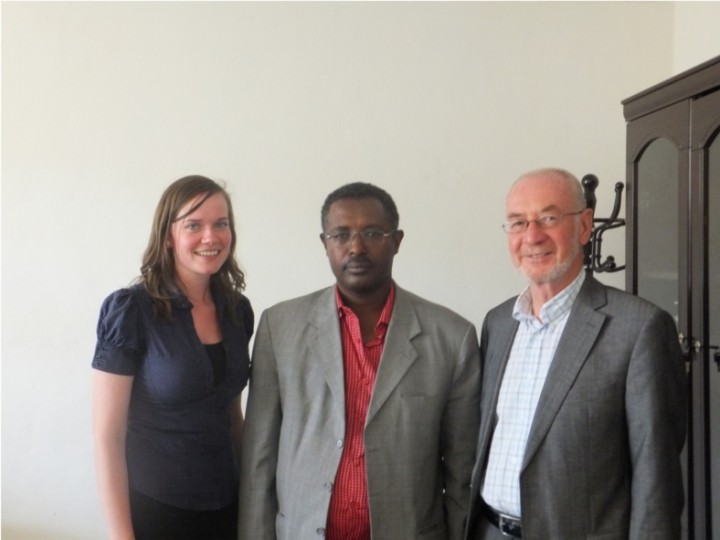“Progress towards the post-2015 education SDG will be stymied if the quality and effectiveness of teaching are not front and centre in the main list of targets.”
Where do the proposed education targets fall short? Policy paper no.16 (1 Feb, 2015) Education for All Global Monitoring Report by UNESCO.
As an educator for over 40 years, this point is obvious to me. As someone who has volunteered with Voluntary Service Overseas (VSO) in Sierra Leone, Ethiopia and most recently in Mozambique to improve the quality of teaching and learning, the global education movement needs to grasp this idea.
When I started off with VSO in Sierra Leone in 1970, I was sent to a remote outpost to teach English. I didn’t have a teaching qualification nor did I have any teaching experience.
Thankfully, the world has moved on, and so has VSO.
Volunteers must now a teaching qualification and in many cases, a minimum of five years classroom experience before they are sent overseas to do teacher training or curriculum development projects.
Since that first experience in Sierra Leone, I have been passionate about the need to improve the quality of initial teacher training and to provide post-qualification support to teachers.

This isn’t a one-directional approach. Teachers have an important role to play in working with policy makers and decision makers to enable them to set the learning agenda.
There are many reforms that, if implemented, would create a learning environment that is more equitable, positive, and productive for children. UNESCO has outlined a number of priorities that most Irish teachers would agree with:
- Fill teacher gaps
- Attract the best candidates to teaching
- Train teachers to meet the needs of all children
- Prepare teacher educators and mentors to support teachers
- Get teachers to where they are needed most
- Use a competitive career and pay structure to retain the best teachers
- Improve teacher governance to maximise impact
- Equip teachers with innovative curricula to improve learning
- Develop classroom assessments to help teachers identify and support students at risk of not learning
- Provide better data on trained teachers
(More detail on each of the priorities can be found in the Education for All: Global Monitoring Report 2013/14 (2014) by UNESCO, p.37.)
That must be our goal at all times: to ensure that every child who goes to school gets the best possible result from their experiences.
How we recruit, train, allocate and retain our teachers is of crucial importance, not just to the Global South, but also to Ireland.
The challenge we face is stark: a further 5.2 million teachers need to be recruited worldwide, including 1.1 million across Africa, if the world is to meet the demands laid out in the Millennium Development Goals (MDGs) to deliver Universal Primary Education (reported in 2006 and again in late 2013); 48% of teachers in Ethiopia, for example, are untrained, with many teachers not being allocated to the areas most in need.
In too many countries around the world, teachers are not recognised for the important role that they play in society, with many not receiving adequate pay or any pay at all.
But there is hope. More and more children are attending school regularly.
Our challenge as educators and policy leaders is to refocus our efforts on the crucial role of the teacher as a professional, with the right skills and experience to create that positive learning environment that children thrive in.
………………………………………………………………………………………………………………………….
This blog is based on reflections delivered at the National Conference of the Irish Coalition for the Global Campaign for Education in the Mansion House, Dublin on 24 April 2015. More info at https://www.campaignforeducation.org
